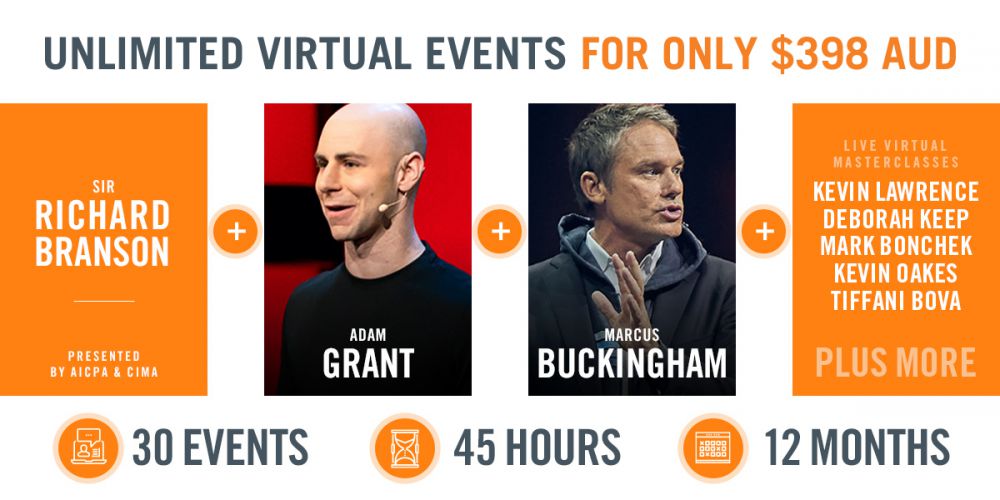How to solve problems before they happen from the bestselling author of Made to Stick

“Should we stop a burglary with an alarm system – or by nurturing the mother of a future criminal?”
Bestselling author Dan Heath says upstream efforts (like crime prevention) are broader, slower, and hazier than solving problems downstream (like catching the criminal).
But he says "When they work, they really work."
EXPEDIA SWIMS UPSTREAM TO SAVE $100 MILLION
A great example of the effectiveness of solving problems upstream is that of travel website Expedia. Dan shared the story with us in his interview summarising his new book Upstream - How to Solve Problems Before they Happen.
In 2012 the head of Expedia's customer experience noticed 58% of customers were phoning for help after booking. It's an online booking service, so calls are not core business.
And, it turns out 20 million of those calls were from customers just wanting a copy of their itinerary. While it was an easily solved problem, it was keeping customer service agents busy and costing the company $100 million.
Most extraordinary of all, though, was that no-one owned the problem' - so it was going unnoticed.
An "upstream war room" was set up, and, with simple online tools and changes to the company's phone answering system, virtually all calls were eliminated.
As Dan says, we all have a tendency to work around problems.
We're so resourceful we often don't stop to think about how we could prevent them in the first place.
That is upstream thinking.
3 barriers to upstream thinking:
- Problem blindness – the belief that negative outcomes are natural or inevitable.
- A lack of ownership – all parties say That’s not mine to fix.
- Tunneling - when juggling lots of problems people give up trying to solve them all.
“There are only two areas of concern that seem to reliably trigger our upstream instincts: our kids and our teeth.” - Dan Heath, Upstream
Dan Heath says so often in life, we get stuck in a cycle of response. We put out fires. We deal with emergencies.
We tend to favour response and reaction because it's more tangible, it's easier to see and measure.
"There's a maddening ambiguity about upstream efforts," he writes in Upstream.
But, he says, the world now needs a quieter breed of hero. One that is less "undo" and more "outdo."
One who says "I was not the one who created this problem. But I will be the one to fix it."
7 questions for upstream leaders:
- How will you unite the right people? You need to surround the problem by attracting people with a shared goal of addressing all key dimensions of the issue.
- How will you change the system? A well-designed system is the best upstream intervention.
- Where can you find a point of leverage? Upstream change often means fumbling our way forward to piece together a map.
- How will you get an early warning of the problem? Data warns us of a problem we wouldn’t have seen otherwise. Use data to learn.
- How will you know you’re succeeding? With upstream efforts, success is not always self-evident. Balance quantity measures with quality measures.
- How will you avoid doing harm? Zoom out and pan from side to side. How does it affect the system as a whole? Can we create closed feedback loops so we can improve quickly?
- Who will pay for what does not happen? We can pay to fix problems once they happen, or we can pay in advance to prevent them.
3 suggestions to start your upstream journey:
1. Be impatient for action but patient for outcomes. Change won’t come without action. Chip, chip, chip, that’s how upstream victories are won.
2. Macro starts with micro. You can’t help a thousand people, or a million, until you understand how to help one.
3. Favour scoreboards over pills. In the scoreboard model, the question is “How can we make progress this week?” Don’t obsess over formulating the perfect solution (the pill). Take ownership of the problem and start slogging forward.
See also:
LEADERSHIP IS LANGUAGE: KEY CONCEPTS FROM DAVID MARQUET'S LATEST BOOK
START WITH WHY: KEY CONCEPTS FROM SIMON SINEK'S IDEA THAT INSPIRED THE WORLD
If you'd like to increase your professional development why not consider becoming a member of The Growth Faculty? One membership, unlimited access to 30 live virtual Time For Transformation masterclasses and the best live virtual events - PLUS year-round leadership content On Demand with videos, podcasts and book summaries. Join a community of knowledge seekers who are inspired by the best. Access $4350+ value for just $398 AUD. See who's up next.


 Australia
Australia
 European Union
European Union
 New Zealand
New Zealand
 United Kingdom
United Kingdom
 United States
United States
 Singapore
Singapore

